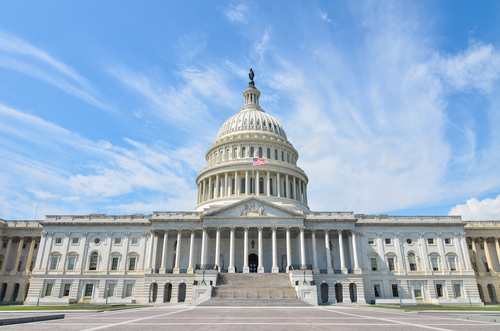
SCHOOL CHOICE EXPANDS – NH Parents EMPOWERED
New Hampshire’s bold move to adopt universal school choice marks a turning point for education in the Northeast, unleashing a wave of debate over the future of public schooling and family empowerment.
At a Glance
- New Hampshire became the 17th state to enact universal school choice.
- Governor Kelly Ayotte signed the bill into law.
- All NH families can receive $4,265 per child for educational expenses.
- Over $266 million saved taxpayers in the last five years.
- Public school spending increased despite enrollment decrease and test score decline.
New Hampshire’s Bold Educational Reform
New Hampshire, with its stunning landscapes and revolutionary spirit, now stands as a beacon for education reform. The state enacted universal school choice, enabling all families to access funds for diverse educational needs. Notably, Governor Kelly Ayotte signed this groundbreaking bill into law, becoming the first universal school choice state in the Northeast. The changes eliminate cumbersome income restrictions, permitting any family in New Hampshire to use Education Freedom Account (EFA) funds across a variety of educational settings, from private schools to homeschooling.
This initiative positively impacts low-income students and those with disabilities by prioritizing them within the program. Currently, the average award of $5,100 per student still contrasts sharply with the hefty $26,320 spent per public school pupil. With declining test scores and ballooning budgets, this reform aims to introduce accountability and efficient resource utilization in a system plagued by inefficiency.
Financial and Educational Impact
Over the past five years, the EFA program has reportedly saved New Hampshire taxpayers $266 million, echoing a demand for fiscal responsibility in education. Public schools, however, face a troubling statistic: a 45% budget increase since 2001 despite a 26% drop in student enrollment. This disconnect highlights the pressing need for alternative solutions like the EFA, to empower parents and provide adaptable educational paths for their children.
“Every single EFA dollar is audited and publicly available. While local school budgets continue to grow and grow, the EFA program has saved the taxpayers over $266 million in the last five years. Expanding EFAs means more educational opportunities, greater accountability, and stronger outcomes for students.” – New Hampshire State Representative Valerie McDonnell.
The program’s current cap at 10,000 students allows room for growth while ensuring manageable implementation. Despite the rosy outlook, critics argue this will undermine public education funding. The repercussions on public schooling require contemplation. However, one truth remains: families now experience unparalleled freedom and choice in guiding their child’s educational journey.
The Debate on Educational Choice
In a spirited debate, supporters deem the expansion of EFAs a triumph for school choice, while opponents warn of fiscal irresponsibility. Governor Ayotte’s initial proposal paled in comparison to the sweeping reform now enacted. With religious schools enjoying newfound benefits, concerns over the long-term effects on the public school system intensify. Yet, as enrollment plummets and expenditures spiral, boldly charting a new course for education remains paramount.
“We should give each child the opportunity to be in the education setting that allows them to reach his or her full potential.” – Governor Kelly Ayotte.
New Hampshire’s universal school choice presents a radical shift in education management, aiming for enhanced student outcomes while cutting taxpayer costs. Opposing voices highlight potential negative impacts, yet the newfound ability for parental involvement and tailored education could ignite a transformation long overdue in public schooling. America watches keenly as one small state challenges bureaucratic norms to ignite an educational revolution.




